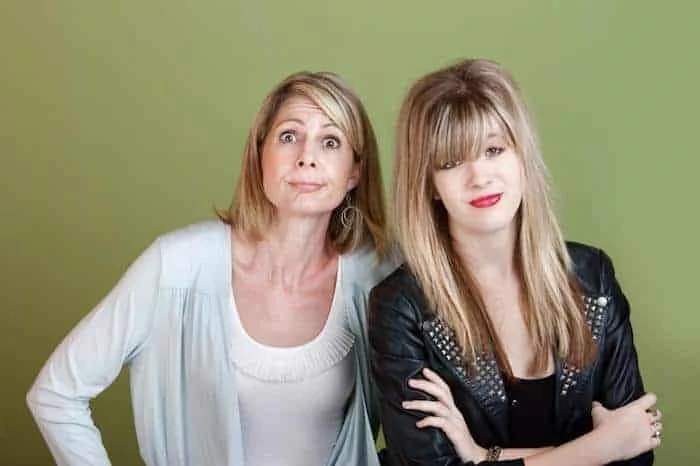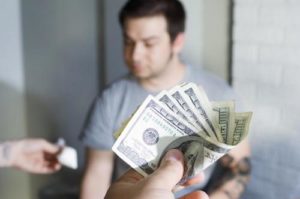
Are You An Enabler? There's Hope
Are you an enabler? Addiction is a scary disease; it can cause your loved one to take risks they usually wouldn’t take and start behaving startlingly. People who are close to a person struggling with substance abuse often want to help their loved one, but they may not know how to help. Sometimes this desire can outweigh good judgment, and instead of improving their loved one's life, you may enable them to continue acting out on their disease. This is what psychology calls being an “enabler.” It means you help a person out in a way that keeps them from suffering the effects of their addiction.
Does this sound like you? Think about it carefully. Although the word may seem cynical, it’s not about being judgemental. Have you bailed somebody out of jail, helped them with debts or otherwise done things to help them out? Do you give them money they haven't earned whenever they ask you for it? If so, it’s likely you’ve enabled them in the past.
Being an enabler doesn’t mean that you’re a bad person. You want your loved one to get better, and you want them to stay out of trouble. However, for them to start recovering, you’re going to have to let them become responsible for their actions.
Everyone wants to help the people they love, but when you enable a person, you may be taking away an opportunity for change or growth.
Setting Boundaries with an Addicted Person
When you enable your loved one, they feel free to let you take some of the burdens of responsibility away from them. It’s easier for them to be free from consequences of their own actions. Bailing somebody out, paying their bills, or giving them money is a way that enabling helps prevent repercussions. To keep yourself from enabling, you’ll need to begin setting boundaries. If you’ve been helping a loved one with money, you can start the process of cutting them off. You don’t have to stop everything at once, but creating new healthy patterns that encourage independence is a part of recovery for both of you.
People tend to enable out of love, but it can cause resentment and heartache. If you give your adult son money, for example, and he disappears for a few days, you’re going to worry and wonder how they spent it. It’s not your responsibility to watch after your loved one and clean up their messes.
Addiction can cause people to become codependent. This is a normal reaction to an abnormal situation, but it’s not healthy. It can cause you pain, resentment, and heartache, even when your loved one enters recovery.
Boundaries in relationships are essential. An addicted person needs to learn to be responsible for their own lives and choices. Enablers need to learn to live their own lives and let that person learn to be accountable again.
Help for Enablers
Learning to take care of yourself is important when you have a loved one in recovery. The great news is, of course, that there is help for the whole family.
If your loved one is in treatment, ask the recovery professionals that are helping them to recommend local resources for you. You can also look for meetings such as Codependents Anonymous or Al-Anon to find other people who have been through the same thing. If you are experiencing depression or other emotions that are tough to cope with, please also do yourself a favor and explore your options for one-on-one therapy and family therapy with your loved one. Addiction is a family disease, and everyone deserves a chance to heal and grow.
Recovery can be a bright and hopeful journey, but it’s not without bumps in the road. Getting help for yourself, as well as your loved one can make the journey easier and more rewarding.
If your loved one is looking for help or more treatment options, please give us a call at (619) 363-4767 to learn more about your options. We’re happy to recommend resources for you, as well.
Categories
Recovery






